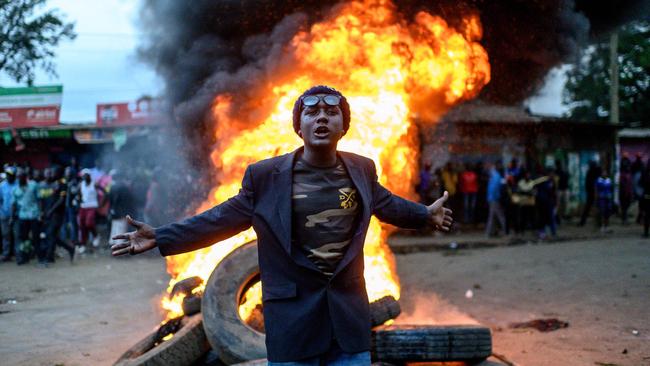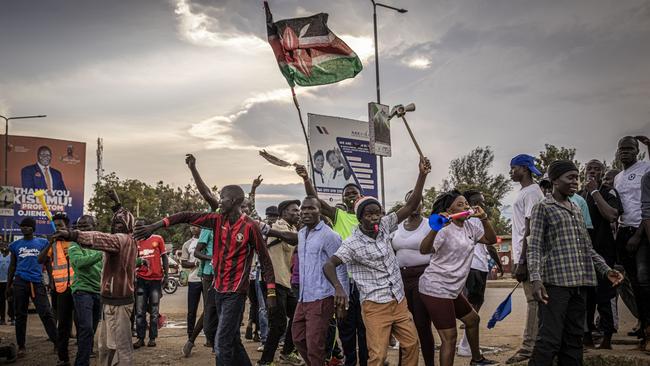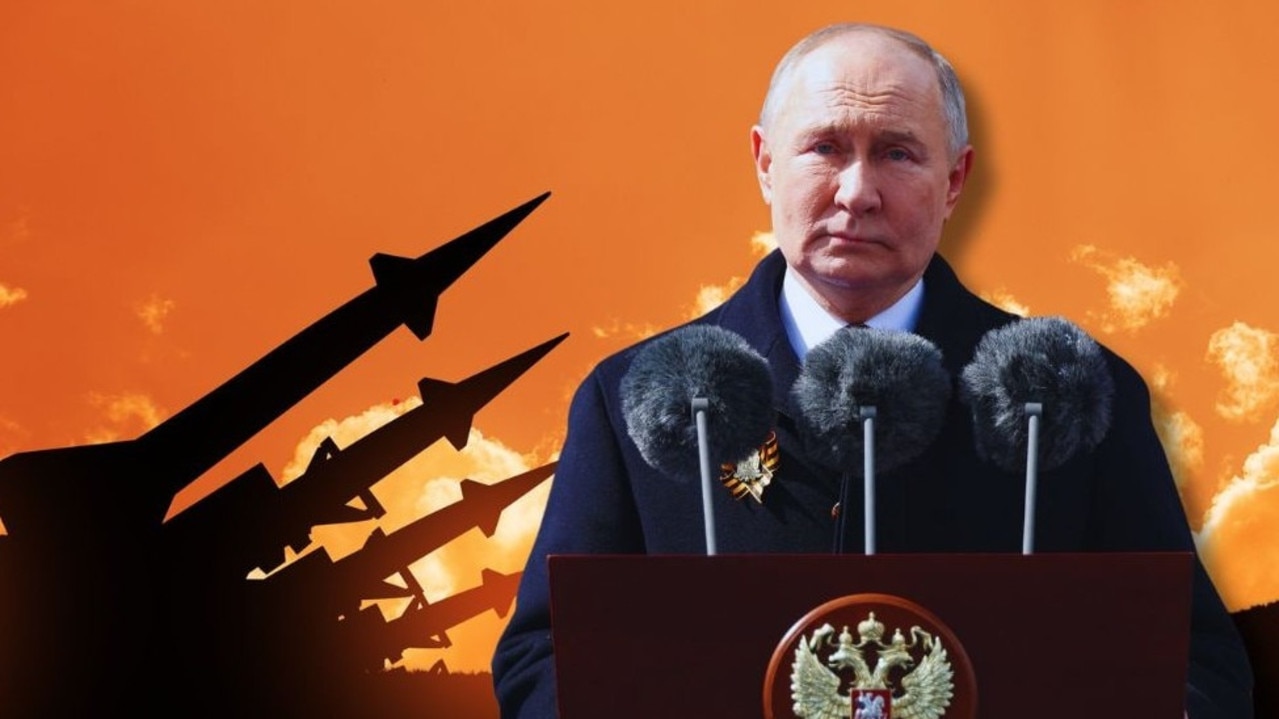William Ruto wins Kenyan presidential election
Protests erupted and four poll watchdogs resigned after the Deputy President was declared the winner over the establishment-backed candidate.

Protests have erupted in Kenya after the Deputy President was declared the winner of a tense presidential election.
Minutes later, four of the seven electoral commissioners disowned the result and a brawl broke out at the counting centre in Nairobi.
William Ruto, who had declared himself “hustler-in-chief” after falling out with his boss, the outgoing President, Uhuru Kenyatta, defeated the establishment-backed candidate Raila Odinga, the chairman of the electoral commission said.
Mr Odinga had led in pre-election polling with 50.5 per cent to 48.8 per cent of the vote.
While celebratory car horns could be heard in parts of Nairobi on Monday night, fires were set and protesters took to the streets in the Odinga strongholds of Kibera slum and the city of Kisumu. Riot police responded with tear gas. The departing election commissioners said they were “unable to take ownership of the result” because of the “opaque nature of the way this phase has been handled”. Fighting broke out among the commissioners and members of the crowd and police officers, as a choir sang.
Commission chairman Wafula Chebukati then announced the results and said the two commissioners still with him had been hurt.

The announcement ended seven long days of counting, fuelling anxiety and allegations of fraud in a country traumatised by previous bouts of post-poll violence. Kenya suffered 1200 deaths in violence after the 2007 poll, and there were similar scenes in 2017.
In a magnanimous address after the result was declared, Mr Ruto, 55, said the “historic, democratic occasion” reaffirmed that “all sovereign power belongs to the people”, and promised to lead with transparency and accountability.
He said he would work with all leaders to “fashion a country that leaves no one behind”, hailing Mr Odinga as a “worthy opponent”.
Mr Ruto, who billed himself a populist outsider despite being Deputy President, will be the first Kenyan president born in an independent country.
His campaign vowed to tear down Kenya’s “dynasties”, represented by Mr Odinga, 77, and stand up for those who feel left behind.

Mr Odinga’s father was one of Kenya’s founding fathers, as was Mr Kenyatta’s. Mr Ruto, by contrast, was born to a family of smallholder farmers in the vote-rich Mount Kenya region and delights in telling stories of selling chickens on the roadside and going barefoot to school. He entered politics after a spell as a teacher. He has also built a large business empire.
A charismatic politician with a ruthless edge, Ruto launched his “Hustler Nation” campaign after falling out publicly with Mr Kenyatta, 60, who was barred from running for a third term.
Mr Kenyatta threw his support behind Mr Odinga, his rival in the 2013 and 2017 elections. A five-time candidate and perennial underdog, Mr Odinga grew up in Kenya’s liberation struggle and wore the support of the establishment uncomfortably.
Ruto inherits a battered economy, billions of dollars in debt and a frustrated population. Kenya is a net importer of wheat, fuel and fertiliser, meaning the war in Ukraine has caused prices of basic commodities to rocket.
The Times


